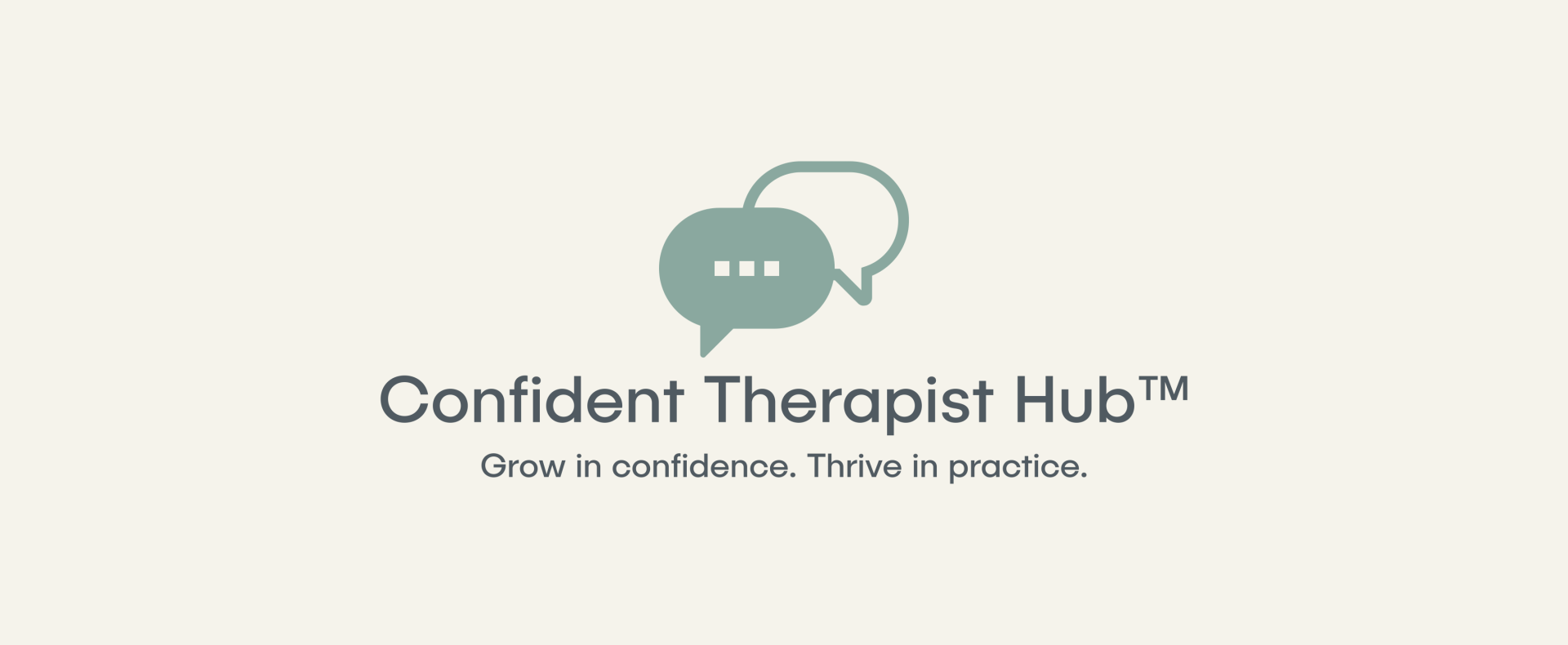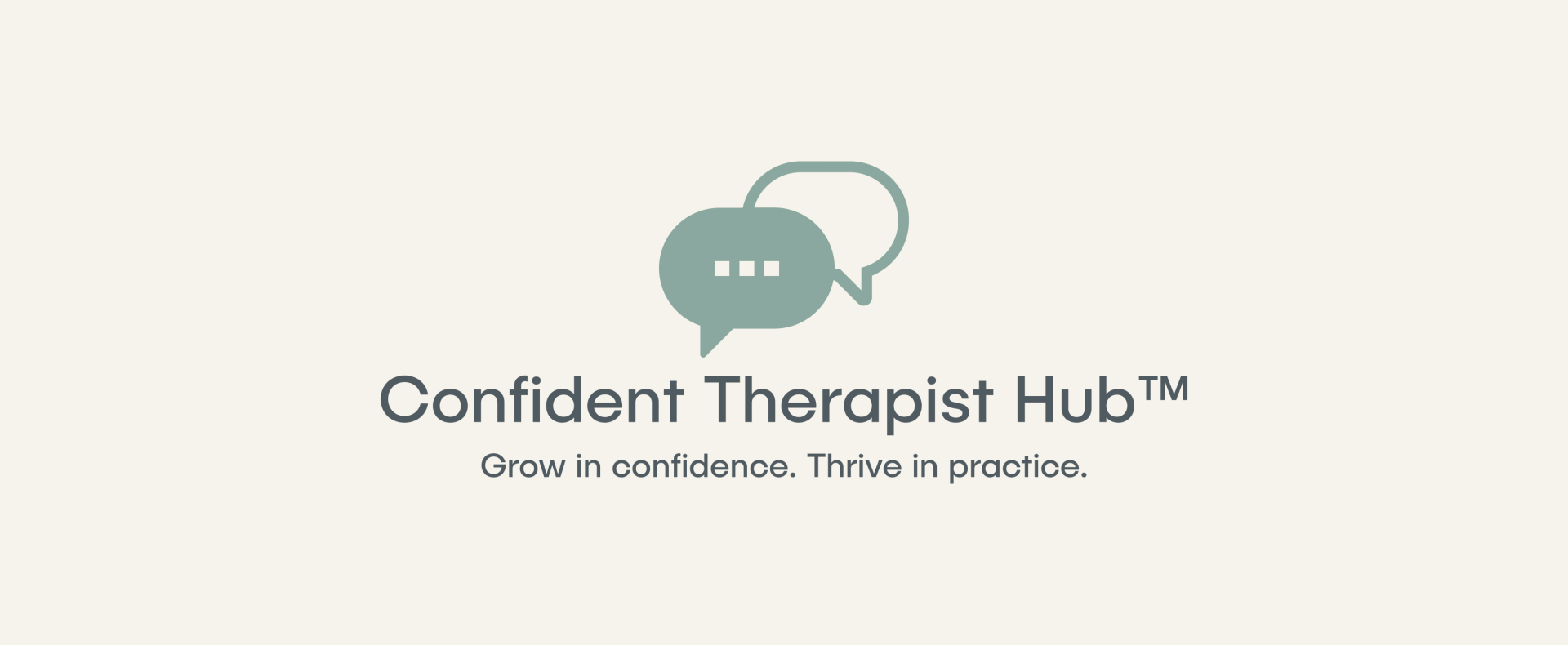The Real Reason Therapists Struggle with Imposter Syndrome (and What to Do About It)
Aug 20
/
Joel Bild
If you’ve ever finished a session and thought, “Did I even help them?” - then you’re in good company.
Most therapists experience moments of self-doubt, that quiet internal voice whispering that everyone else seems more competent, more confident, more qualified. We can rationally know that’s not true, yet emotionally, it can feel all too real.
So, why does imposter syndrome show up so strongly for therapists; people whose entire work is built on awareness and empathy?
Let’s be honest: therapy isn’t a profession that offers much external validation. There are no quarterly performance reviews or applause at the end of a session. We sit in quiet rooms, offering presence and attunement, and often leave with more questions than answers.
In that silence, the mind fills the gaps.
We start measuring ourselves against others - the colleague who’s published a book, the supervisor with decades of experience, the therapist on Instagram who always seems so “together.” It’s easy to forget that what makes therapy powerful is not perfection, but presence.
The deeper truth?
Imposter syndrome often points to a misalignment between competence and confidence. You can be deeply skilled and still feel unsure because confidence isn’t built from external validation - it’s built from inner trust and self-reflection.
So how do we start shifting it?
- Acknowledge the voice, don’t fight it. Imposter thoughts are usually a sign you care deeply about doing good work. Treat them as information, not identity.
- Ground yourself in evidence. Keep a “confidence journal” - notes from clients, reflections from supervision, personal growth moments. When doubt surfaces, remind yourself of what’s true.
- Stay connected, not isolated. Talk about it. Every therapist you admire has felt it too — they just learned how to work with it instead of against it.
Ultimately, overcoming imposter syndrome isn’t about never doubting yourself again - it’s about learning to trust yourself anyway.
That’s exactly why I created the Confident Therapist Hub - a space where professional development focuses on you, the person behind the role.
Because when you strengthen your confidence from the inside out, your wellbeing and your work flourish.
This article was developed with the assistance of AI writing tools and carefully reviewed by the Confident Therapist Hub team in line with our AI Use Policy.



